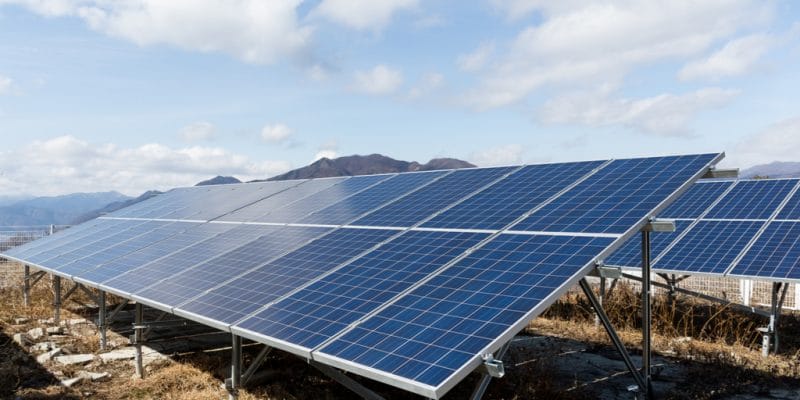The Namibian solar power industry receives a boost as The Namibian Electricity Control Board grants a license to develop of 125 MW solar PV plant.
The Namibian solar power industry has received a boost following the news that The Namibian Electricity Control Board (ECB) has issued generation and export licenses to Schonau Solar Energy, a 125 MW solar PV plant being developed by renewable energy company Emesco. These are the first of their size and kind to be issued by the ECB under the Modified Single Buyer (MSB) Framework.
Namibian solar power: Steps towards becoming an energy exporter
“It is our belief that the MSB will contribute to the government’s objectives for Namibia to become an energy exporter. Issuing the licenses to Schonau and other players indicates the commitment by the Namibian government to assist to reduce the power deficit in the region,” said Pinehas Mutota, GM Economic Regulation, ECB.
“The Schonau project is a major step towards Namibia becoming a net exporter of energy through harnessing its abundant solar resources. It will diversify the energy mix, reduce costs and boost decarbonization in the SAPP,” said Pieter Rossouw, Commercial Director of Emesco.
Generation for export and the SAPP
The dc nameplate capacity of the plant is 125 MW, which will result in 116 MW ac net generation for export. Over the 25-year life of the plant, 7 898 064 MWh will be produced, mitigating 7,796,179 tons of carbon dioxide. The estimated cost of the project is USD 105 million.
Located in Karasburg, Namibia, the plant will export its power via South Africa into the Southern African Power Pool’s (SAPP’s) competitive electricity markets. The SAPP operates four competitive electricity markets between 12 member countries and has facilitated trade between utilities in Southern Africa since 1995.
The member countries include Namibia, South Africa, Lesotho, Eswatini, Zimbabwe, Botswana, Zimbabwe, Mozambique, Zambia, Malawi and Democratic Republic of Congo, which are mainly represented by each country’s national utility.
The SAPP allows and encourages private companies to join it to trade electricity via its organized markets. This is supported by the Namibian regulators’ MSB market structure, which enables private companies to export power to the SAPP.
Emesco’s registration of Schonau Solar Energy as a market participant in the SAPP will make it the first independent solar power producer to contribute to the SAPP grid under the MSB framework. NamPower, the Namibian national power utility, together with Schonau Solar Energy, will co-ordinate the export and trade of electricity.
Emesco and the growth of renewable power
Emesco is developing a pipeline of similar sized projects to provide renewable energy to support the green hydrogen initiative in Namibia and further expansion in the SAPP region. “This includes solar, wind and storage technologies to be rolled out in Namibia with further expansion into the Southern African Development Community (SADC) in the near future,” concluded Rossouw.
Renewables are on the rise across Africa and the MENA region, with Egypt also seeking to boost its renewable output.
